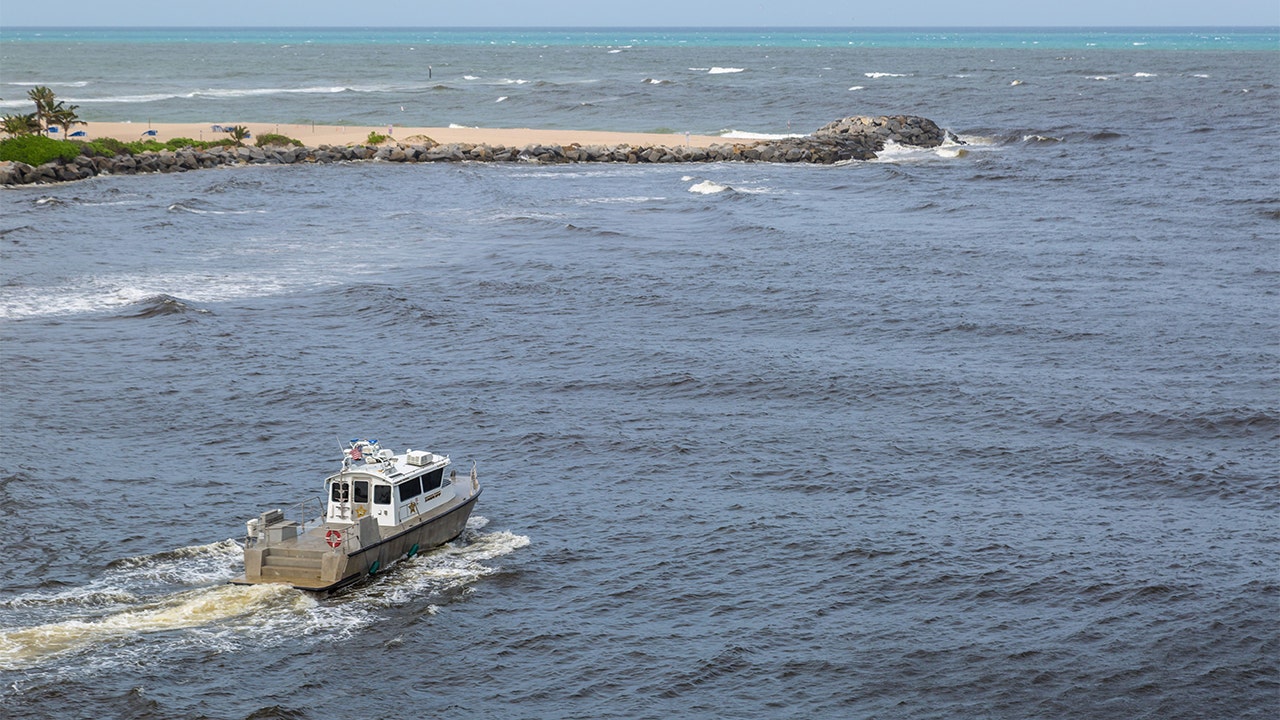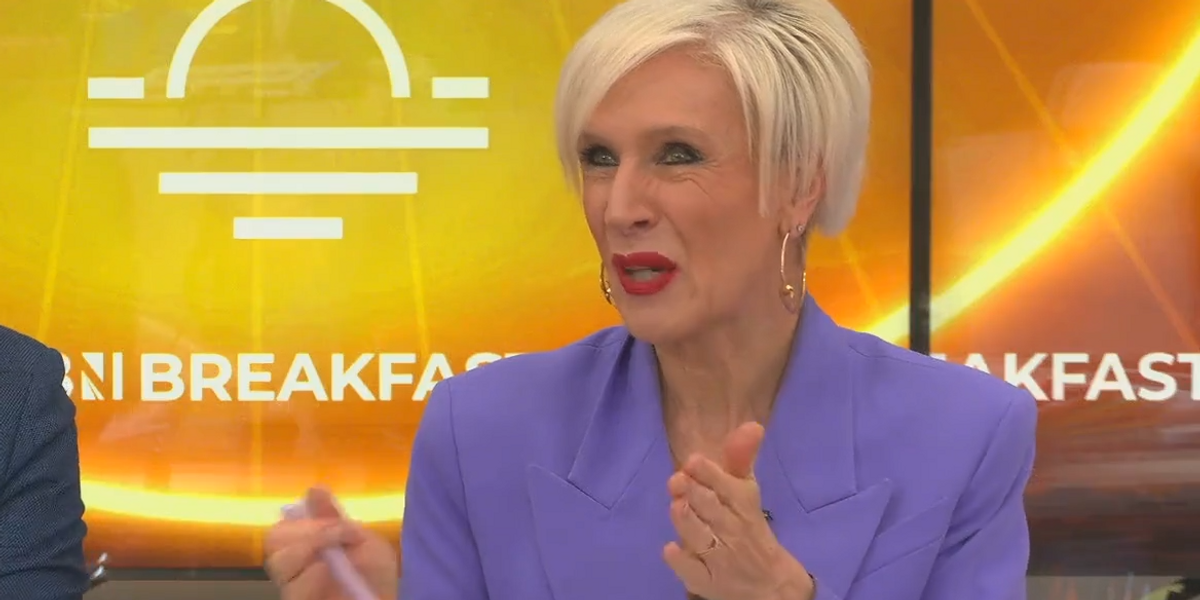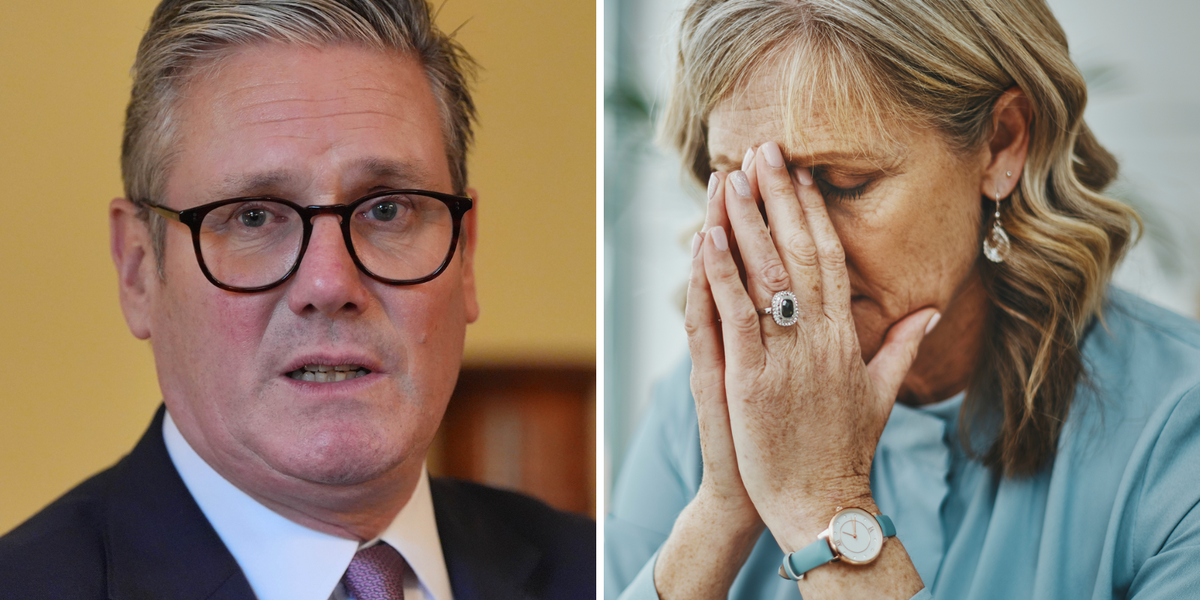SSPX superior: The Synod is a ‘diabolical reversal of the Gospel’, continuation of Vatican II
LifeSite News ^ | November 21, 2024 | Maike Hickson
Posted on 11/22/2024 11:22:09 AM PST by ebb tide
SSPX head Fr. Davide Pagliarani issued a message today reiterating Archbishop Lefebvre's 1974 rebuke of the 'neo-Modernist and neo-Protestant' reforms of Vatican II, warning the current Synod is an extension of the council.
The head of the SSPX has renewed the traditionalist founder’s criticism of the Second Vatican Council, describing the Synod on Synodality as a continuation of the Council and a “diabolical reversal of the Gospel itself.”
Today, Father Davide Pagliarani, the Superior General of the Society of St. Pius X, together with his two General Assistants, published a message (full text below) in remembrance and honor of SSPX founder Archbishop Marcel Lefebvre’s 1974 statement that was to become the mission statement of this priestly fraternity that now has more than 700 priests around the world.
In this new message, Pagliarani reaffirms the charism and original mission of the Society of St. Pius X as expressed by Archbishop Lefebvre in 1974. Lefebvre’s statement at the time was a rejection of some of the reforms of the Second Vatican Council and an announcement that his society would be refusing to “follow the Rome of neo-Modernist and neo-Protestant tendencies which were clearly evident in the Second Vatican Council and, after the Council, in all the reforms which issued from it.”
According to the archbishop, these reforms “have contributed and are still contributing to the destruction of the Church, to the ruin of the priesthood, to the abolition of the Sacrifice of the Mass and of the sacraments, to the disappearance of religious life, to a naturalist and Teilhardian teaching in universities, seminaries and catechectics; a teaching derived from Liberalism and Protestantism, many times condemned by the solemn Magisterium of the Church.”
As Pagliarani explains in his new message, this battle is “a doctrinal battle, against a clearly identified enemy: the reforms of the Council, presented as a poisoned entity, conceived in error and leading to error.” He shows how the 1974 statement by Lefebvre calls into question the Council’s “fundamental spirit” and “consequently everything that this spirit produced.”
Pagliarani also quotes the statement in which Lefebvre says that it is “impossible for any conscientious and faithful Catholic to espouse this reformation [of Vatican II] and to submit to it in any way whatsoever. The only attitude of fidelity to the Church and to Catholic doctrine appropriate for our salvation is a categorical refusal to accept this reformation.”
According to Pagliarani, the last fifty years “have only confirmed the pertinence of this analysis” by Archbishop Lefebvre. “Since the reformation was corrupt in itself, and in its principles, it seems impossible to restore anything in the Catholic Church without first challenging the very principles of the Council, and rejecting all the errors contained therein.” In this regard, the Superior General also sees that the attempts at preserving Tradition while also adopting the reforms of the Council “have inevitably failed.”
Finally, the Superior General also touches on the current Synod on Synodality that has been taking place the last few years in Rome, and which is nothing more than the “fruits” of what was laid forth by the Second Vatican Council.
The Synod on Synodality, however, goes one step further, as Pagliarani writes: “Today, through synodality, we are witnessing the complete reversal of the very structure of the Church. The transmission of the Divine Truths, received from the Incarnate Word, is being replaced by a system, of man’s elaboration, in which God Himself no longer has a place, and in which the spirit of man breathes and no longer the spirit of the Holy Ghost. This is a diabolical reversal of the Gospel itself.”
In light of these destructive developments, the head of the Society of St. Pius X intends to continue to work on “safeguarding Tradition,” which he sees as “a duty of charity that we fulfil for the benefit of all souls, and for the Catholic Church herself as a whole.”
The Society of St. Pius X was founded in 1970 by Archbishop Lefebvre. In 1988, Lefebvre consecrated four bishops in order to continue the formation and ordination of priests in the traditional Latin rite. Lefebvre died in 1991 and today, the Society is headed by Davide Pagliariani, who has served at this post since 2018.
Upon request, the General Secretariat of the Society informed LifeSiteNews that it has 5 seminaries in Europe (France, Switzerland, Germany) and the Americas (USA, Argentina), 144 priories in 34 countries and more than 800 churches, chapels, and missions, plus more than 90 schools and 2 universities.
Under the reign of Pope Francis alone, the number of SSPX priests grew from 575 to 721, with several priests joining the Society from diocesan and other positions. These priests have 43 nationalities. The number of seminarians rose in that time period from 225 to 295. The Society also has 138 brothers and 211 sisters. Some individual congregations and monasteries, and many faithful have found their place under the umbrella of the spiritual leadership of the Society.
The following is the full message from the Superior General and his assistants on the occasion of the fiftieth anniversary of Archbishop Lefebvre’s 1974 Declaration
Fifty years ago, His Grace, Archbishop Marcel Lefebvre, published a memorable declaration that was to become the charter of the Priestly Society of Saint Pius X. A true profession of faith with eternal resonance, this declaration expresses the essence of the Society, its raison d’être, its doctrinal and moral identity, and consequently its line of action. The Society cannot deviate one iota from its content and spirit which, fifty years later, remain perfectly appropriate to the present day.
This declaration contains two absolutely central ideas, which mutually complement and support each other. The first affirms the essentially doctrinal nature of the Society’s battle. The second expresses the purpose for which it is waged.
It is a doctrinal battle, against a clearly identified enemy: the reforms of the Council, presented as a poisoned entity, conceived in error and leading to error. It is its fundamental spirit that is called into question, and consequently everything that this spirit produced: “This Reformation, stemming from Liberalism and Modernism, is poisoned through and through; it derives from heresy and ends in heresy, even if all its acts are not formally heretical. It is therefore impossible for any conscientious and faithful Catholic to espouse this Reformation or to submit to it in any way whatsoever. The only attitude of faithfulness to the Church and Catholic doctrine, in view of our salvation, is a categorical refusal to accept this Reformation.”
The events of the last fifty years have only confirmed the pertinence of this analysis. Since the Reformation was corrupt in itself, and in its principles, it seems impossible to restore anything in the Catholic Church without first challenging the very principles of the Council, and rejecting all the errors contained therein. All those who have tried to maintain both Tradition and the Vatican II reforms, trying to marry them or to enrich them mutually, have inevitably failed. At the same time, contempt and hatred for Tradition and the Tridentine Mass have continued to grow, demonstrating in a concrete way that two incompatible doctrines correspond to two irreconcilable forms of worship, and two irreducible ways of conceiving the Catholic Church and her mission towards souls.
Begun at the Council, this Reformation is still underway and continues to produce its fruits. Today, through synodality, we are witnessing the complete reversal of the very structure of the Church. The transmission of the Divine Truths, received from the Incarnate Word, is being replaced by a system, of man’s elaboration, in which God Himself no longer has a place, and in which the spirit of man breathes and no longer the spirit of the Holy Ghost. This is a diabolical reversal of the Gospel itself.
Faced with this clearly denounced demolition of the Church, Archbishop Lefebvre encourages us to continue the doctrinal battle, and therefore to fight in a holy way for the reign of Our Lord Jesus Christ, who is the Way, the Truth and the Life. Today, as in the past, our mission is none other than the restoration of all things in Christ. Restoring all things – starting with the Catholic priesthood, in all its doctrinal purity, and in all its missionary charity. Restoring also the Holy Sacrifice of the Mass, which is the very heart of the Church’s life. Restoring true Catholic life, which is none other than the very life of Jesus Christ, marked by the spirit of the Cross, for the love and the glory of His Father. Restoring Catholic Truth, in giving it back its splendour and allowing it to illuminate the world. Restoring, finally, within the Church and within civil society, the recognition of the rights of Christ, King of all nations.
“Jesus Christ, yesterday, and today; and the same for ever. Be not led away with various and strange doctrines. For it is best that the heart be established with grace” (Heb. 13:8-9).
The second idea that dominates the 1974 declaration is the clear and determined intention to act with the sole aim of serving the Roman Catholic Church.
It is only in the Catholic Church as it has always been, and in her unchanging Tradition, that we have the guarantee of possessing the Truth, of being able to preach it, and of being able to serve her.
Above all, we are well aware that safeguarding Tradition, and taking all the necessary steps to preserve it and to transmit it, is a duty of charity that we fulfil for the benefit of all souls, and for the Catholic Church herself as a whole. From this perspective, our combat is profoundly disinterested. The Society is not primarily seeking its own survival. It is primarily seeking the good of the Universal Church and, for this reason, the Society is par excellence a work of the Church, which, with unique freedom and strength, responds adequately to the specific needs of an unprecedentedly tragic era.
This single goal is still ours today, just as it was fifty years ago. “That is why, without any spirit of rebellion, bitterness or resentment, we pursue our work of forming priests, with the timeless Magisterium as our guide. We are persuaded that we can render no greater service to the Holy Catholic Church, to the Sovereign Pontiff and to posterity.”
It is to the Catholic Church that Tradition belongs. It is in her and for her that we guard it in all its integrity, “until such time as the true light of Tradition dispelsthe darkness obscuring the sky of Eternal Rome”. We maintain this supernatural and unfaltering certainty that this same Tradition will triumph, and with it the whole Catholic Church – as well as the renewed certainty that the gates of hell will never prevail against her!
Menzingen, 21st November 2024
Davide Pagliarani
Superior General
† Alfonso de Galarreta Christian Bouchacourt
1st General Assistant 2nd General Assistant
TOPICS: Apologetics; Catholic; Theology; Worship
KEYWORDS: conciliarchurch; frankenchurch; sinnodalchurch

Click here: to donate by Credit Card
Or here: to donate by PayPal
Or by mail to: Free Republic, LLC - PO Box 9771 - Fresno, CA 93794
Thank you very much and God bless you.
1 posted on 11/22/2024 11:22:09 AM PST by ebb tide
To: Al Hitan; Fedora; irishjuggler; Jaded; kalee; markomalley; miele man; Mrs. Don-o; ...
2 posted on 11/22/2024 11:22:52 AM PST by ebb tide ("The Spirit of Vatican II" is nothing more than a wicked "ideology" of the modernists.)
Disclaimer: Opinions posted on Free Republic are those of the individual posters and do not necessarily represent the opinion of Free Republic or its management. All materials posted herein are protected by copyright law and the exemption for fair use of copyrighted works.
FreeRepublic.com is powered by software copyright 2000-2008 John Robinson

 By Free Republic | Created at 2024-11-22 19:46:05 | Updated at 2024-11-29 11:31:51
6 days ago
By Free Republic | Created at 2024-11-22 19:46:05 | Updated at 2024-11-29 11:31:51
6 days ago







